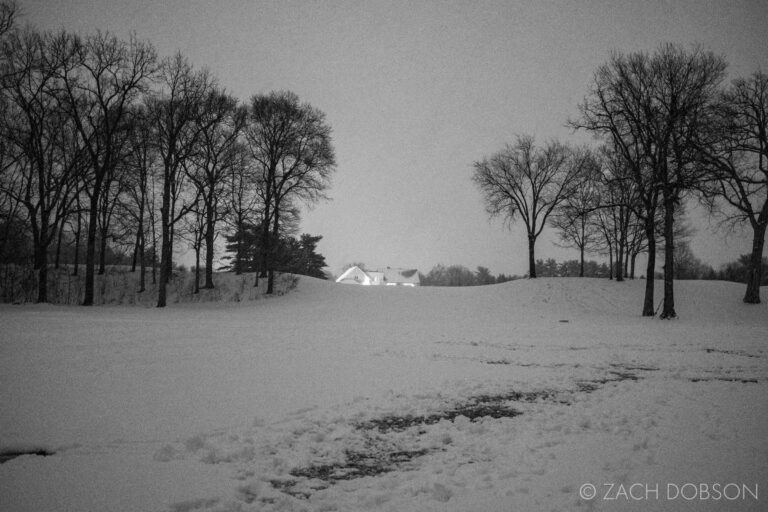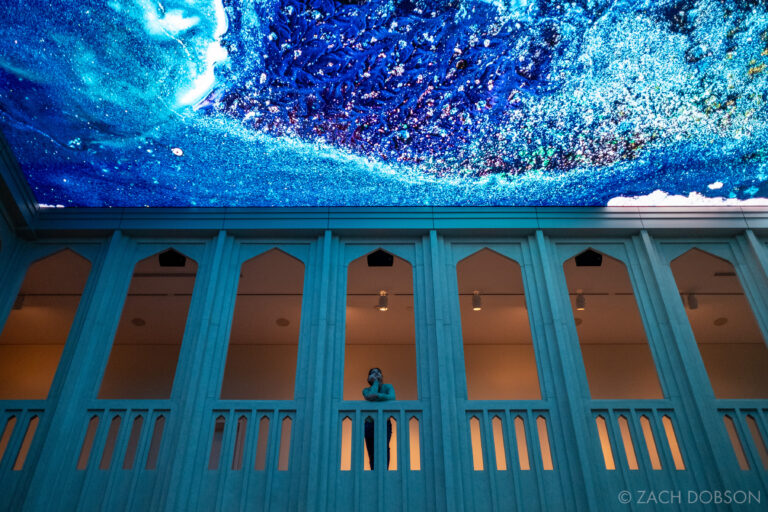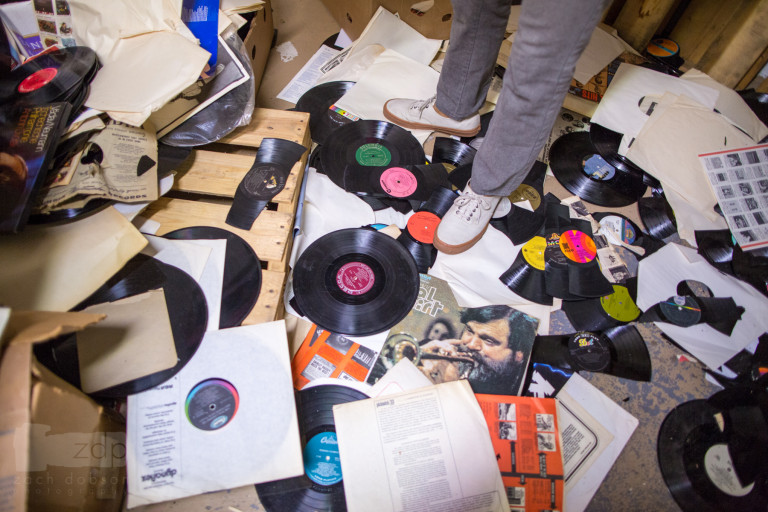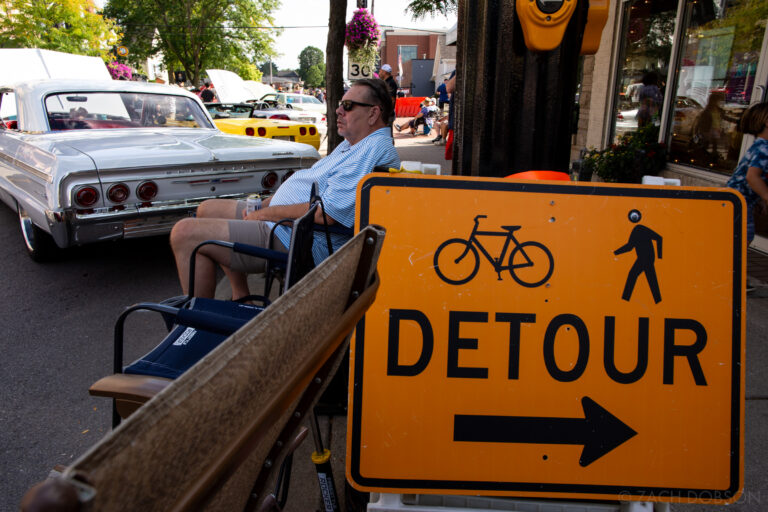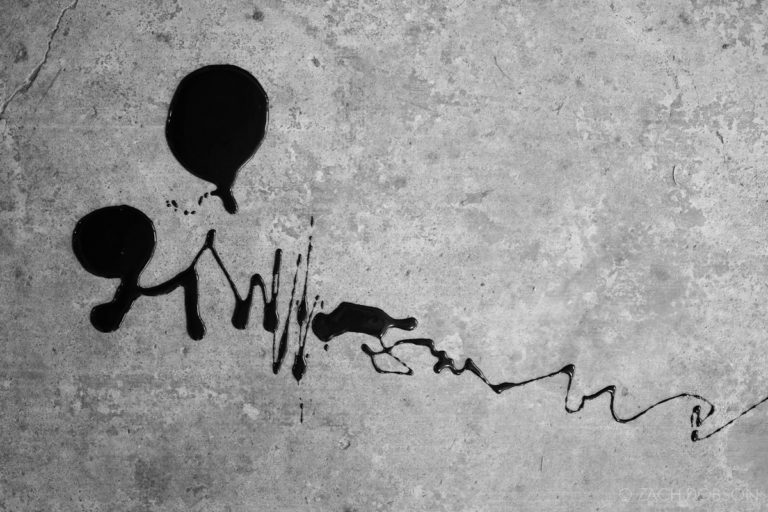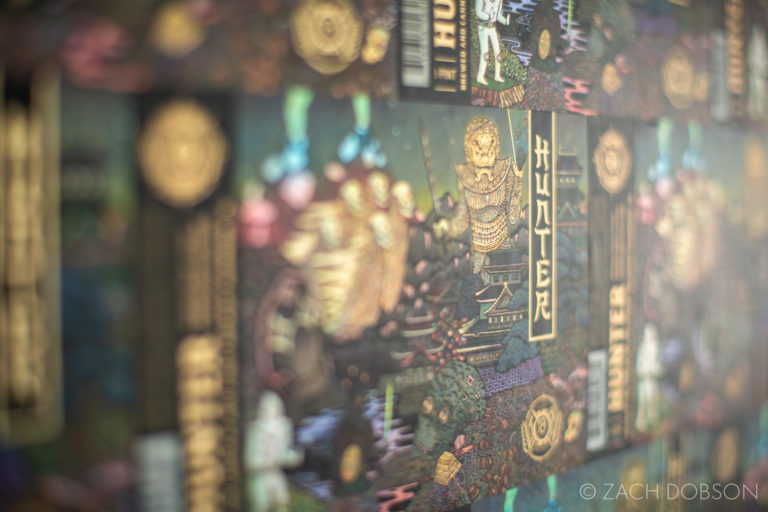Personal Legend Project: Broxton Bird
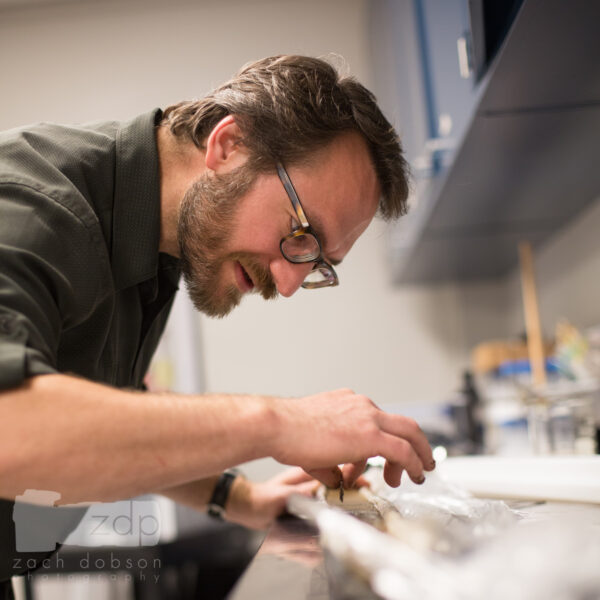
Broxton Bird Ph.D., Assistant Professor, Earth Sciences, IUPUI
Many people dream of traveling to remote mountains of Tibet or Peru. Broxton Bird is living this dream, except his version involves bringing back dozens of meter-long cylinders of sediment from lake beds. These cylinders contain about 2,000 years of climate records. Broxton’s work is teaching us about the world’s climate throughout history, which can identify trends and help us to see where we might be headed.
Broxton’s enthusiasm for his work is immediately evident and he’s great at explaining it in a way that doesn’t require a degree in geology or climatology to understand.
Broxton is the second member of the Bird family to be featured in this series. His wife Malkah was photographed earlier this month teaching her kindergarten class. It’s certainly no coincidence that spouses often both are pursuing a Personal Legend. I believe having a partner who is of the same mindset can drive you further than you could go on your own.
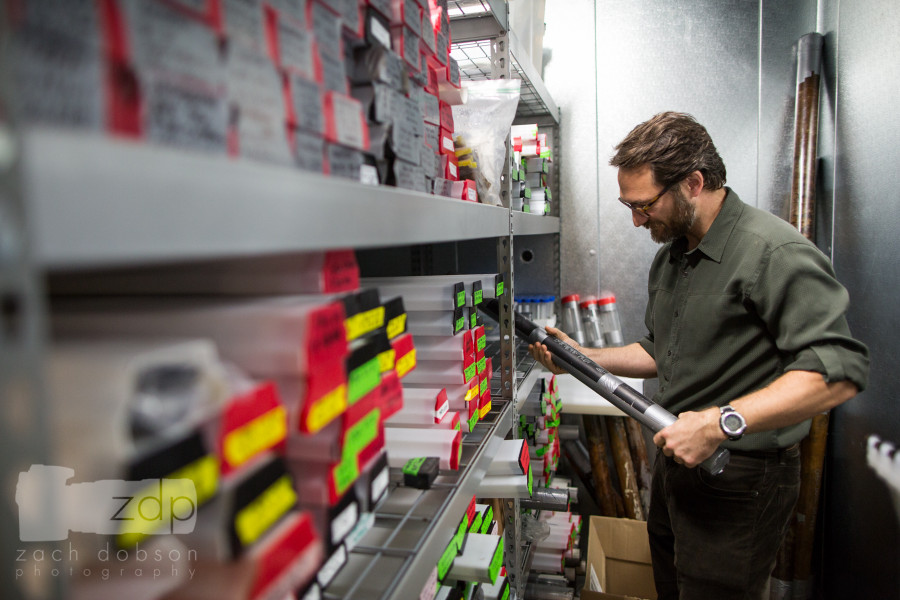
The following set of six questions will be answered by each of the subjects.
1) Some people call it a “true calling” or their “life’s work.” In the book The Alchemist, author Paulo Coelho calls it your Personal Legend. What do you consider to be your true calling, or Personal Legend?
While I am interested in all aspects of the Earth, I am particularly fascinated by its climate. My work is focused around understanding how it has changed through time, how these changes have impacted people in the past, and what this can tell us about future climate changes and their likely impacts on society.
One of the aspects I love about this work is how multi-faceted it is. Over the course of a typical year, my research involves fieldwork in remote and beautiful locations (like Tibet and the South American Andes), laboratory analyses to produce climate-related data, interaction with students and scientists, and communication of results to the scientific community and general public. The combination of these aspects fulfills my personal interests in travel, exploration and discovery, while at the same time contributing to my larger goal of raising our collective understanding of Earth systems and awareness about our dependence on them.
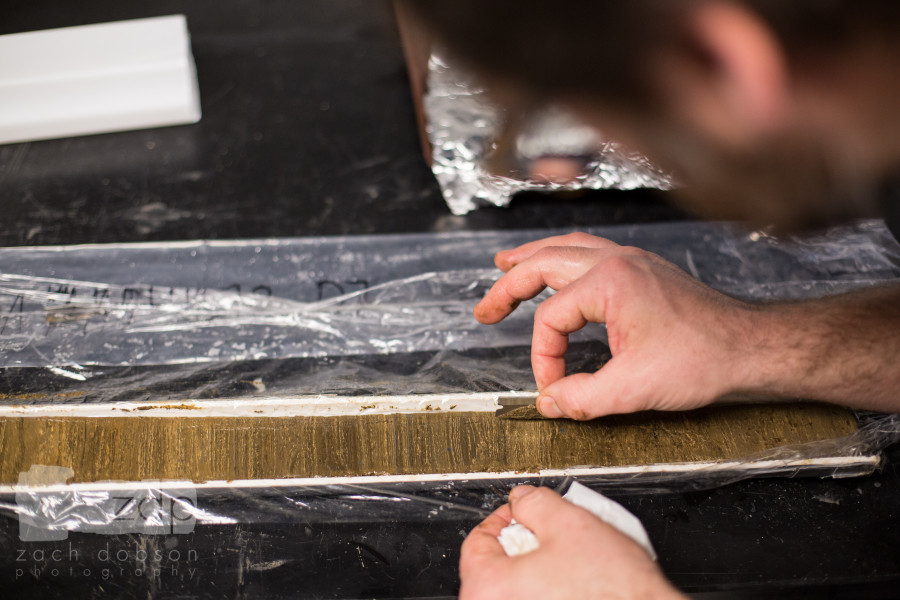
2) When did you first realize that this was your calling?
I knew immediately after taking my first geology class at Hamilton College that I wanted to be a geologist. Integrating classroom and field investigations with a group of people that felt as passionate about nature as I did was an amazing experience. In graduate school, the thrill of exploration and discovery only cemented my initial decision and I made the choice to follow a career in science.
Perhaps the galvanizing moment was when I produced my first full data set during my masters of climate change in southern California for my Masters research. It was thrilling to have looked back in time and learned things about the climate that had not previously been known and then share this information with the world. I knew at that point that I wanted to make this my career.
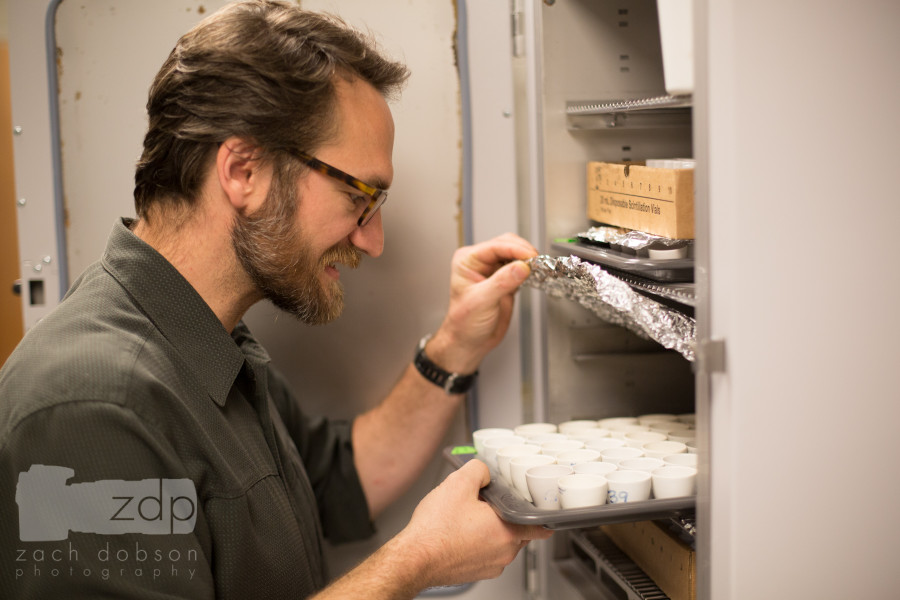
3) People often become completely engrossed, losing track of time or outside concerns while performing tasks related to their calling. This might be referred to as being “in the zone” or “flow.” When do you experience this most often?
Geology by its nature requires a tremendous amount of imagination. The systems geologists investigate most often operate on spatial and time scales that we as human rarely intersect with directly. This is especially so with climate, which by definition is the 30 year average of weather and occurs on continental scales. I often find myself deeply engrossed when thinking about these systems and how they interact across the globe. The nature of our lab and fieldwork also requires tremendous attention, and it is often that one will look up from an experiment or sample collection session with several hours having passed and you not having stopped to eat or drink.
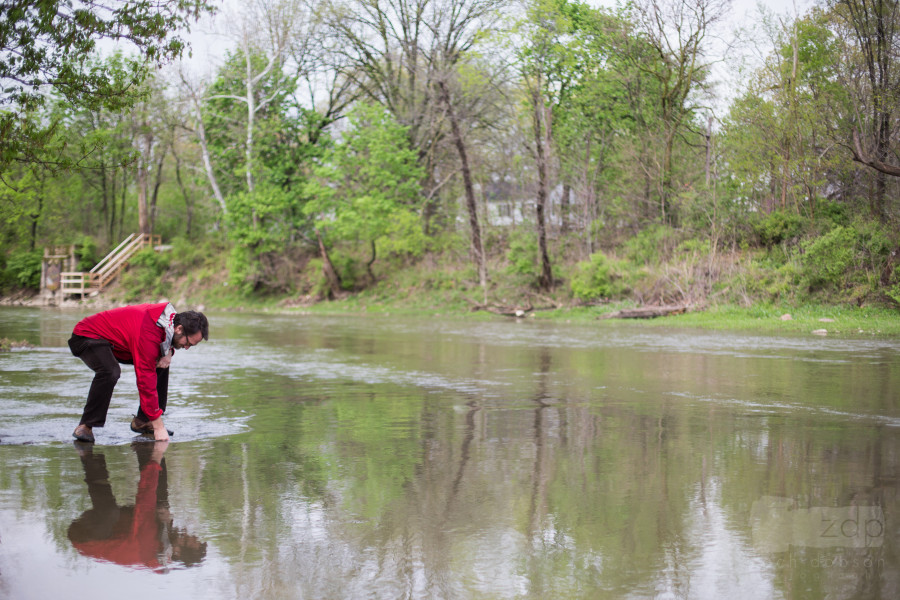
4) What is the greatest challenge or obstacle you’ve faced in pursuit of your life’s work?
Difficulty in school growing up as one with dyslexia was certainly an obstacle. I didn’t think of myself as an academic or scientist and certainly didn’t see myself becoming a researcher and professor.
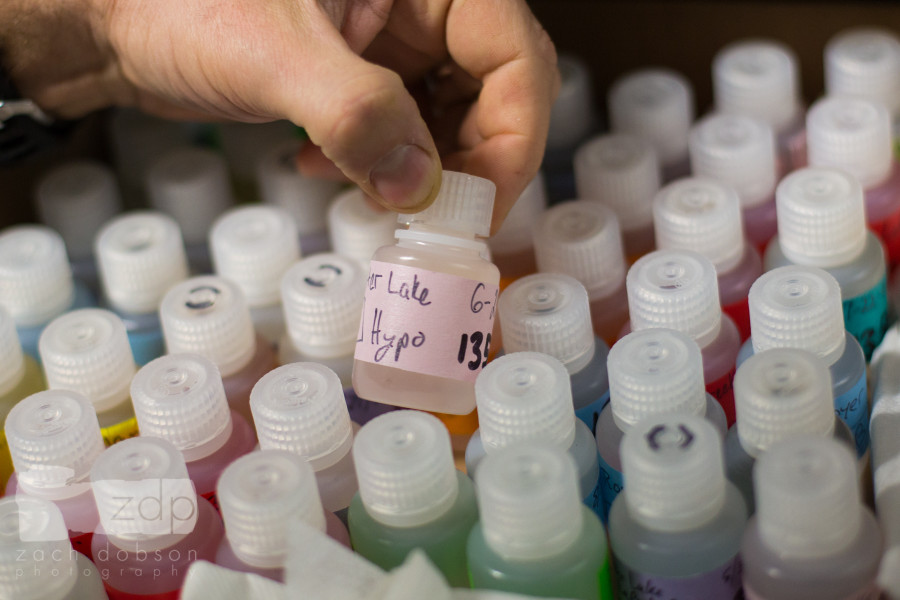
5) What has pursuing your Personal Legend taught you?
Finding what I was passionate about in college and working hard to do well, however, made me realize that I could accomplish more than I thought I was capable of.
6) What piece of advice can you offer to others seeking their true calling?
Find what you are passionate about and follow that to the end. Take chances, because unless you try, you will never know what is possible. Keep your sense of wonder and don’t let failure get the better of you because you will fail more than you succeed. But in the end, most things worth doing are difficult. As my PhD advisor would say, “If it were easy, it would already be done.”
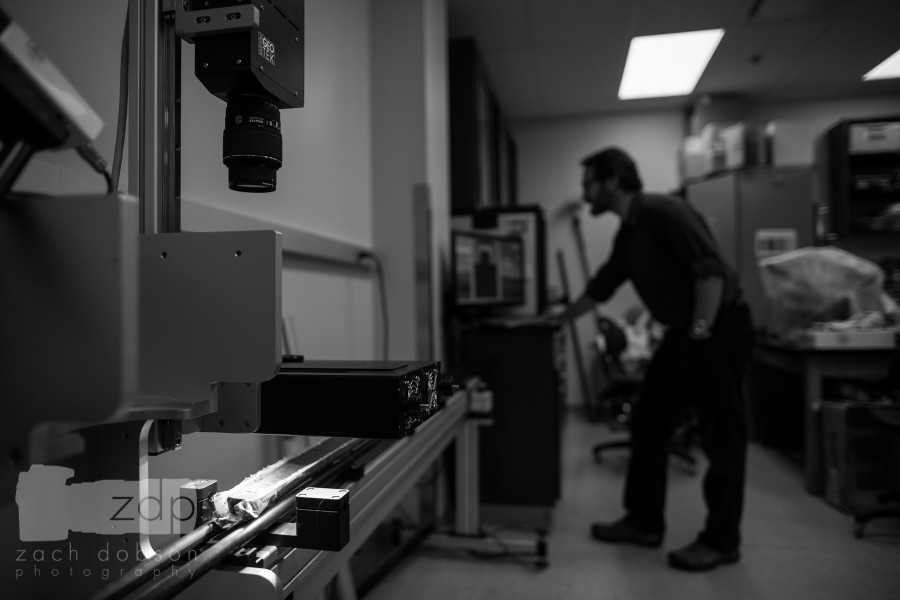
Are you following your Personal Legend? Tell us about it in the comments below.
Subscribe to the blog, or add us to your RSS feed to follow along as we post a new set of images each day for the next 30 days. For background on this project, check out our first post in the series.

